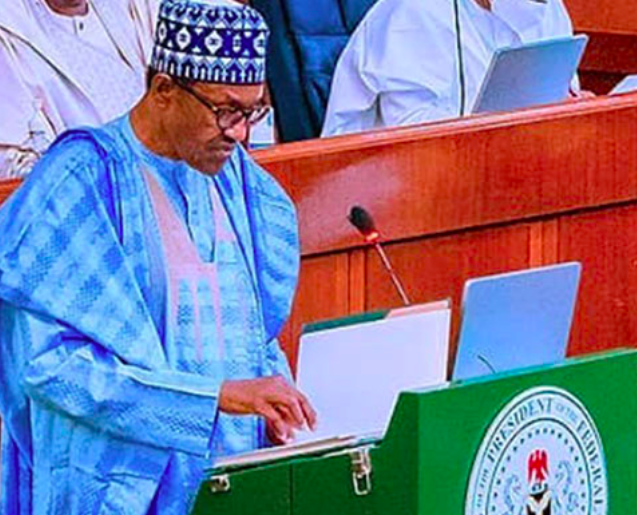The figure represents a 157 per cent increase in capital allocation to the health sector in the 2021 budget estimate and approximately 3.6 per cent of the total budget.
President Buhari said that the increase in capital allocation to the health sector was to enhance the capacity to deliver healthcare services through the procurement of equipment, vaccines and other facilities.
Akinlemibola, however, noted that in spite the increase in the 2021 budget allocation to the health sector, it fell below the Federal Government’s pledge to commit at least 15 per cent of the nation’s annual budgets to improving the health sector.
He recalled that the Heads of State of member countries of the African Union in 2001 made the “Abuja Declaration”, under which the leaders pledged to commit at least 15 per cent of their annual budgets to improve health care delivery in their country.
According to him, since the declaration, Nigeria has not attained the pledged funding benchmark in its annual budget allocation to the health sector.
Akinlemibola maintained that fulfilling the pledge would be beneficial for all citizens while stressing that the government should ensure a complete budget release to the health sector after the passage of the budget.
He noted that the COVID-19 pandemic had further exposed the challenges in the nation’s health sector.
According to him, some of the COVID-19 responses embarked upon by the country were ad hoc, saying that going forward, protocols that would bring long term benefits to the sector and citizens should be adopted.
Akinlemibola added that increased investment to the health sector should be prioritised toward reducing brain drain, medical tourism, and improving the quality of health services delivery to citizens.
(NAN)
Source: Punch

 The Association of General and Private Medical Practitioners of Nigeria says the Federal Government’s N512. 21 billion allocations to health in the 2021 Budget estimate cannot galvanise desired development in the sector.Dr. Makinde Akinlemibola, Chairman, Lagos State chapter of the association, stated this in an interview with the News Agency of Nigeria on Tuesday in Lagos.
The Association of General and Private Medical Practitioners of Nigeria says the Federal Government’s N512. 21 billion allocations to health in the 2021 Budget estimate cannot galvanise desired development in the sector.Dr. Makinde Akinlemibola, Chairman, Lagos State chapter of the association, stated this in an interview with the News Agency of Nigeria on Tuesday in Lagos.





